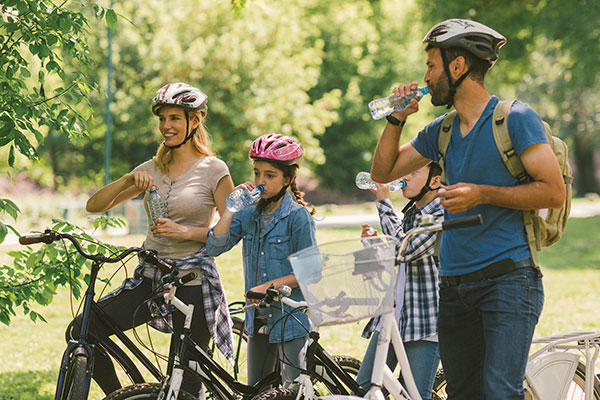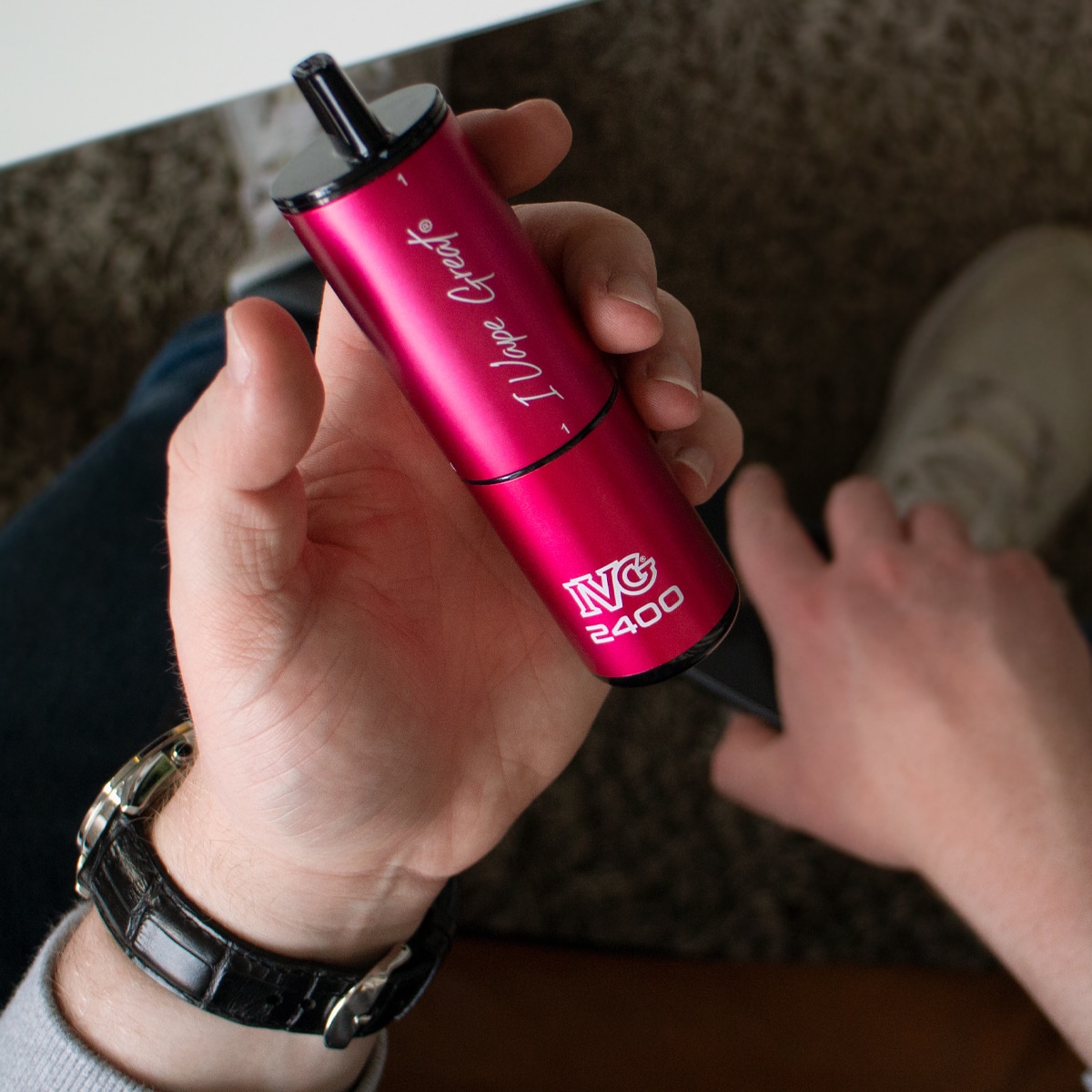Amidst the sun-soaked days of summer, a myriad of activities beckons, from refreshing swims and invigorating hikes to spirited outdoor games and organized sports. As you immerse yourself in the sunlit adventures, remember to heed essential safety measures, ensuring your family’s well-being while partaking in water escapades, ballpark outings, and neighborhood rendezvous.
Revel in the expert advice provided by the American Heart Association, and make this summer a time of joy and security.
1. Stay Hydrated
In the midst of hot and humid months, outdoor pursuits often translate into heightened perspiration and the subsequent loss of fluids and electrolytes. Nurturing your body’s hydration becomes paramount for optimal functioning, particularly in sweltering conditions. Equip yourself with refillable water bottles and containers to remain well-hydrated while engaging in on-the-go summer fun. Complement your water intake with high-water-content foods like melons, cucumbers, and lettuce. Be vigilant for telltale signs of mild dehydration, such as a dry mouth, muscle cramps, headache, fatigue, or diminished urination. Advanced cases may manifest as vomiting, confusion, dizziness, rapid breathing, irregular heartbeat, seizures, or unconsciousness.
2. Keep Skin Vigilant
Embarking on skin protection begins prior to stepping into the sun’s embrace, as the allure of summer often overshadows the sun’s damaging effects. While evading the midday sun can limit exposure, such avoidance might not be practical for families engrossed in sports, poolside retreats, and outdoor jaunts. Shield your skin with sunscreen to mitigate the perils of sunburn, skin cancer, and premature wrinkling. Experts recommend employing SPF 30 or higher sunscreen at least 30 minutes before sun exposure, reapplying diligently every two hours during extended outdoor activities. Amplify your defence by donning protective clothing like broad-brimmed hats, sunglasses, and light, long-sleeved garments.
3. Master CPR
As summer ushers in leisure and enjoyment, it also presents an augmented risk, amplified by extended time spent under the sun and around water. Startling statistics reveal that the U.S. experiences an average of 33 drownings daily, a third of which culminate in fatalities, according to the Centers for Disease Control and Prevention. Familiarity with CPR, cardiopulmonary resuscitation, might hold the key to averting cardiac arrest or drowning. Swift and immediate CPR can potentially double or triple the survival odds of cardiac arrest victims, asserts the American Heart Association. Alas, merely 40% of individuals encountering out-of-hospital cardiac arrest receive assistance before professional medical intervention.

As about 72% of cardiac arrests occur within homes, performing CPR could entail saving the life of a cherished family member, spouse, friend, or parent. Upon calling 9-1-1 or dispatching someone to do so, initiate forceful chest compressions at the chest’s centre until medical aid arrives. If accessible, employ an automated external defibrillator (AED) according to its guidance. Those equipped with CPR training, a pocket mask, and the ability may administer breaths, particularly vital for children and in scenarios like drowning. Expand your knowledge of Hands-Only CPR and conventional CPR via the resources generously offered by the Elevance Health Foundation’s nationwide support.
4. Safeguard Swimming Activities
The thrill of frolicking in pools, lakes, rivers, or oceans offers unforgettable moments, yet these water adventures warrant caution. Vital precautions include ensuring children possess swimming skills and understanding the impermissibility of swimming alone, even for adults. The utility of life jackets cannot be overstated, whether you find yourself aboard a vessel or submerged in water. Appointing an undistracted “water watcher” can be pivotal in detecting potential hazards before they escalate into emergencies.
5. Bolster Pool Safety
Even when dormant, pools can pose threats, particularly to young children tempted to play unsupervised. Erecting self-closing, at least 4-foot-high fences around backyard pools serves as a safeguard, segregating exuberant youngsters from potential dangers. After pool sessions conclude, securely store away pool accessories, toys, and floaties to prevent tempting sightlines for curious little ones. These alluring symbols of enjoyment could lead them towards water without adequate supervision.
In your pursuit of summertime bliss, equip yourself with knowledge to recognize telltale signs of heat-related stress. While the sun’s radiance entices you outdoors, be mindful of muscle cramps, exhaustion, or heat stroke. Even on seemingly moderate days, the amalgamation of heat and humidity can exact a toll. If any of these symptoms arise, seek shade, pause, and replenish your fluid levels with water to regulate body temperature. Should these signs persist, worsen, or fail to abate even with hydration and cooling efforts, consult medical assistance:
- Muscle discomfort, spasms, or cramps
- Profuse sweating or loss of perspiration
- Paleness
- Dizziness
- Headache
- Nausea or vomiting
- Confusion
- Fainting or loss of consciousness
- Elevated body temperature (exceeding 100°F) alongside dry skin
- Rapid heartbeat
Embrace the embrace of summer responsibly, equipping yourself and your loved ones with the knowledge to relish sun-drenched days without compromising well-being. For more comprehensive safety tips, explore heart.org.





